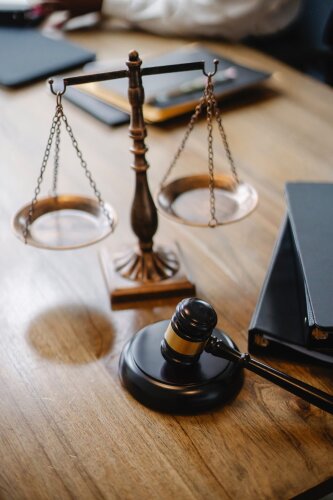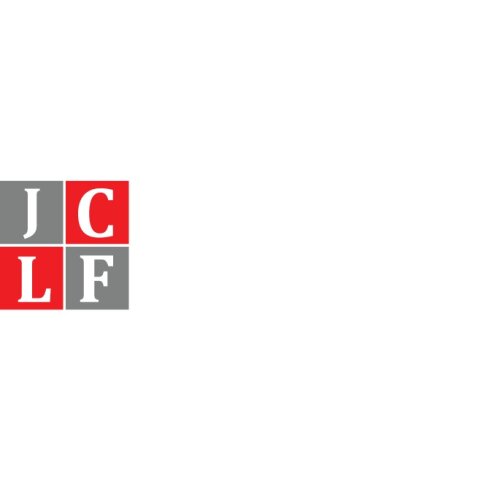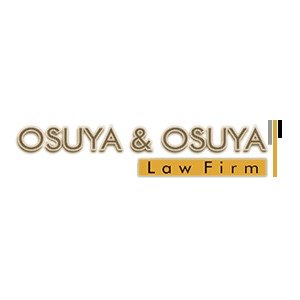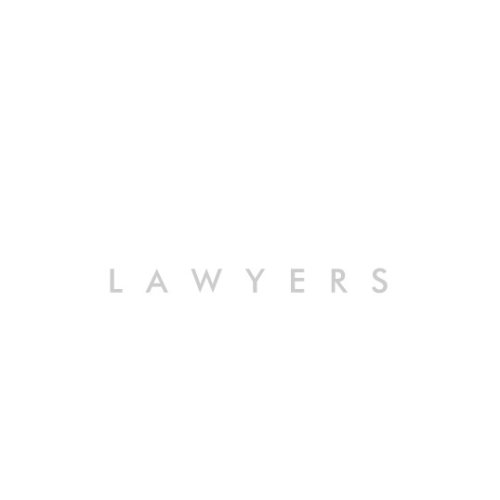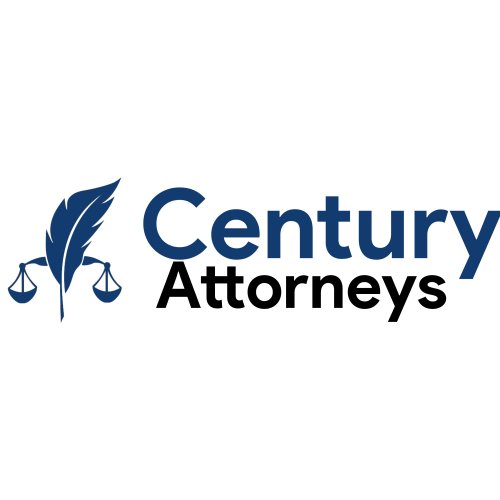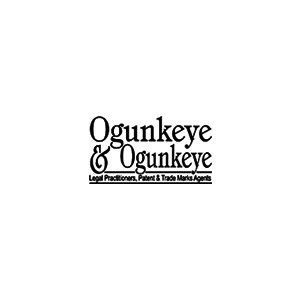Best Auto Dealer Fraud Lawyers in Nigeria
Share your needs with us, get contacted by law firms.
Free. Takes 2 min.
Or refine your search by selecting a city:
List of the best lawyers in Nigeria
About Auto Dealer Fraud Law in Nigeria
Auto Dealer Fraud in Nigeria refers to deceptive and unlawful practices by car dealers intended to mislead consumers during the purchase of vehicles. These fraudulent activities can manifest in various forms, including the sale of defective vehicles, misrepresentation of a car’s history or condition, unfair trade practices, and non-disclosure of crucial information about the vehicle. With the increasing complexity of automotive transactions and prevalence of fraud cases, there is a growing need for awareness and legal interventions to protect consumers in Nigeria.
Why You May Need a Lawyer
People may require legal help in cases of Auto Dealer Fraud for several reasons:
- Misrepresentation: If a dealer provides false information regarding a vehicle’s mileage, history, or condition, legal assistance may be necessary to seek redress.
- Undisclosed Defects: When a purchased vehicle has significant defects that were not disclosed by the dealer, a lawyer can help in seeking compensation.
- Contractual Disputes: Issues arising from unfair contract terms or breaches by the dealer can benefit from legal intervention.
- Fraudulent Documentation: If documents such as a title certificate are forged, legal advice may be needed to resolve ownership issues.
- Lemon Laws Violations: Although specific Nigerian lemon laws are still developing, legal support can aid in identifying and leveraging existing consumer protection laws.
Local Laws Overview
The legal framework surrounding Auto Dealer Fraud in Nigeria involves several key legal instruments and consumer protection legislation:
- Consumer Protection Council (CPC): The CPC oversees consumer rights and handles complaints regarding fraudulent activities.
- Federal Competition and Consumer Protection Act (FCCPA): This Act provides broad protection against unfair trade practices, including auto dealership frauds.
- Sale of Goods Act: Provides guidelines on the trade of goods and holds dealers accountable to provide goods as described.
Frequently Asked Questions
What constitutes auto dealer fraud?
Auto dealer fraud involves deceptive and misleading practices by dealers, such as tampering with odometers, concealing vehicle defects, or misrepresenting a car’s history.
What are my rights as a consumer in Nigeria?
Consumers in Nigeria are protected under the Federal Competition and Consumer Protection Act, which ensures fair treatment, accurate information, and redress mechanisms for fraudulent transactions.
How can I determine if I am a victim of auto dealer fraud?
If you suspect misrepresentation, hidden defects, or suspect the validity of documents provided, you may be a victim of fraud. Consulting a legal expert is advisable.
What should I do if I suspect fraud after buying a vehicle?
First, gather all related documents and evidence of the suspected fraud. Report the issue to consumer protection agencies and consider seeking legal advice.
Can I get my money back if I am defrauded?
Legal recourse, which may include a refund or compensation, is possible if you can prove the fraud. Each case is unique, so professional legal counsel is recommended.
Is there a specific time limit for filing a legal complaint?
While there may be no strict timeline, it is advisable to address the issue promptly to avoid statutory limitations that could affect the potential outcome of your case.
What evidence is required to prove auto dealer fraud?
Evidence may include contracts, receipts, communication records, inspection reports, and testimonies that highlight the discrepancies or deceptions of the dealer.
How can I avoid falling victim to auto dealer fraud?
Conduct detailed research about the vehicle, request a comprehensive history report, verify dealer credentials, and seek professional inspection before purchasing.
What role does the Consumer Protection Council play?
The CPC addresses consumer complaints, mediates disputes, and works to enforce consumer protection laws to combat fraud practices.
Can I handle auto dealer fraud issues on my own?
While it is possible, it is often beneficial to engage a legal professional to navigate the complexities of the law and build a robust case.
Additional Resources
For individuals seeking more information or assistance with auto dealer fraud, the following resources may be of help:
- Consumer Protection Council (CPC) - Provides resources and guidance for consumers.
- Federal Competition and Consumer Protection Commission (FCCPC) - Offers support for consumers facing unfair trade practices.
- Nigerian Bar Association - Can help connect you with legal professionals experienced in fraud cases.
Next Steps
If you suspect auto dealer fraud and need legal assistance, consider the following steps:
- Document Everything: Keep a record of all transactions, communications, and discrepancies you encounter.
- Contact Consumer Protection Bodies: Reach out to CPC or FCCPC to file a complaint and seek preliminary advice.
- Consult Legal Expertise: Engage with a lawyer experienced in consumer protection and fraud to explore legal options for redress.
Lawzana helps you find the best lawyers and law firms in Nigeria through a curated and pre-screened list of qualified legal professionals. Our platform offers rankings and detailed profiles of attorneys and law firms, allowing you to compare based on practice areas, including Auto Dealer Fraud, experience, and client feedback.
Each profile includes a description of the firm's areas of practice, client reviews, team members and partners, year of establishment, spoken languages, office locations, contact information, social media presence, and any published articles or resources. Most firms on our platform speak English and are experienced in both local and international legal matters.
Get a quote from top-rated law firms in Nigeria — quickly, securely, and without unnecessary hassle.
Disclaimer:
The information provided on this page is for general informational purposes only and does not constitute legal advice. While we strive to ensure the accuracy and relevance of the content, legal information may change over time, and interpretations of the law can vary. You should always consult with a qualified legal professional for advice specific to your situation.
We disclaim all liability for actions taken or not taken based on the content of this page. If you believe any information is incorrect or outdated, please contact us, and we will review and update it where appropriate.
Browse auto dealer fraud law firms by city in Nigeria
Refine your search by selecting a city.




